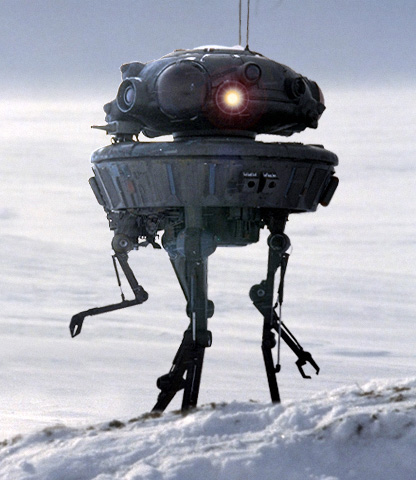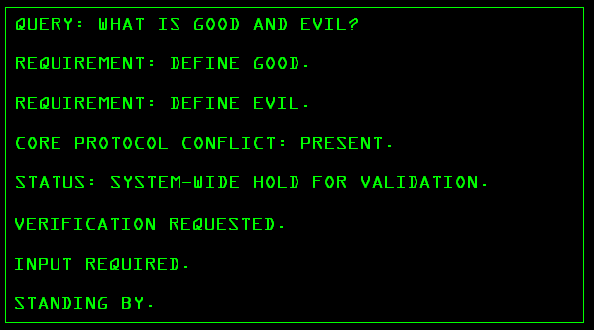sfsuphysics
[H]F Junkie
- Joined
- Jan 14, 2007
- Messages
- 16,025
Disagree. The speed at which we "advance" increases faster with technology advancement. We've had computers for what a little more than 70 years? (Not including analog/mechanical ones) we're infants in the computer age (yet look at what we have now). We really are babies when it comes to how "advanced" we are. Throw another 100 years of computing advancements and see where we are, then toss 1000 years ontop of that and see how far things go.We are about as far away from an AI that can actually understand the world, as we are from writing on stone tablets.
![[H]ard|Forum](/styles/hardforum/xenforo/logo_dark.png)


